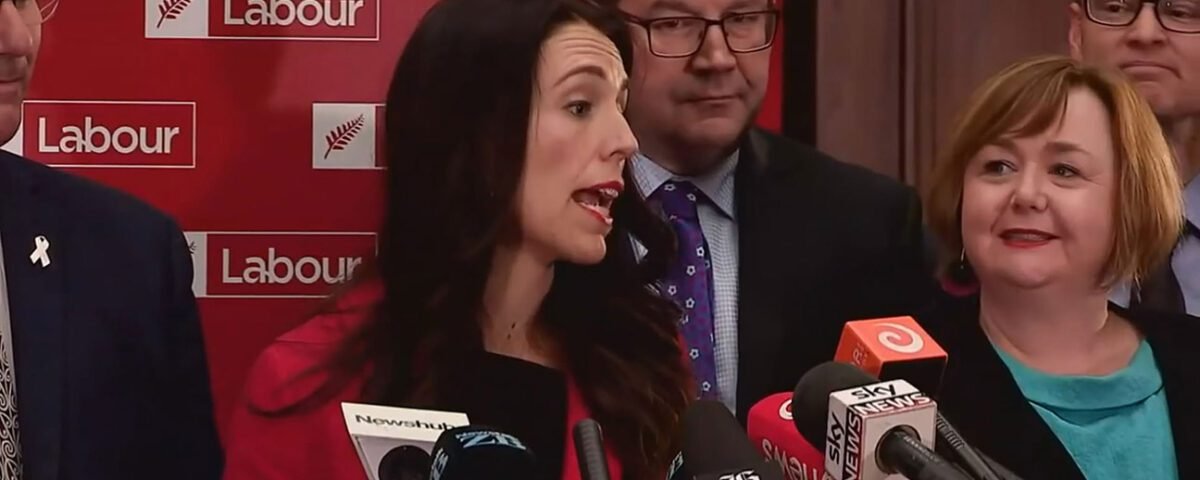


‘Wolf Man’ Review: Christopher Abbott and Julia Garner in a Horror Redo That Satisfies but Never Soars
January 23, 2025


‘Twinless’ Review: Dylan O’Brien Does Double Duty in Sly and Stirring Queer Charmer
January 25, 2025Directors Lindsay Utz and Michelle Walshe provide a window into Jacinda Ardern’s work and life choices during her five-year term as her country’s head of government.
Prime Minister
Timely and bracing.
The word kindness comes up over and over in Prime Minister as the key to Jacinda Ardern‘s political philosophy. That sounds gooey and naive, but this disarming and intimate documentary about her six years as New Zealand’s head of government shows it to be the effective basis for a career that made her a global political star.
Then she stunned the public with her abrupt resignation in 2023, saying, “I no longer have enough in the tank” to deal with more crises in the future.
The movie, now making its world premiere at the Sundance Film Festival, is also timelier than anyone might have expected. It would be a bit of an exaggeration, but just a bit, to say it trolls Donald Trump. It’s no accident that it includes deliberate, pointed contrasts that position Ardern as the American leader’s exact opposite in their approaches and objectives.
Prime Minister doesn’t have a very auspicious start, opening with Ardern walking her young daughter to school in Massachusetts, where she is currently a fellow at Harvard. Although she is seen giving a lecture to students, urging them to resist what she calls a damaging hyperpartisanship, at first the documentary seems unbalanced, almost defining Ardern by her motherhood. (She was only the second world leader to give birth while in office, after Pakistan’s Benazir Bhutto.)
But like Ardern herself, the two New Zealand directors — Lindsay Utz, the editor of some major documentaries including American Factory, and Michelle Walshe — find a way to juggle the personal and political. That interplay between work and life gives the project its distinctive perspective and offers the most acute revelations. The lack of talking heads commenting on her enhances the intimate feel.
Throughout, the film glosses over the ins and outs of political wrangling, an approach likely to disappoint anyone obsessed with those details. But it makes up for it with its inside look at her responses in the moment. Ardern recalls on camera that at the start of 2020 she had resolved to be more zen. It didn’t last long. When COVID-19 hit a few months later, she basically shut New Zealand off from the rest of the world, and eventually put vaccine mandates into place, keeping the cases of the virus remarkably low.
At one point Gayford’s video shows Ardern and their daughter in the back of a car, as she says she has to give up breastfeeding because the baby isn’t feeding well. But alongside such personal moments are some sharp anti-Trump segments, with the editing and choice of news clips highlighting their differences. At a 2018 meeting of the United Nations, Ardern listens as Trump, then in his first term, gives his address and declares, “We reject the ideology of globalization.”
That scene is juxtaposed with Ardern being questioned by reporters afterwards. “We see ourselves as a member of an international community,” she says of her nation. Asked whether she likes Trump, she calls the question irrelevant. That moment is followed by her own U.N. address, where she states that “in the face of isolationism, protectionism, racism,” kindness is good place to start.





